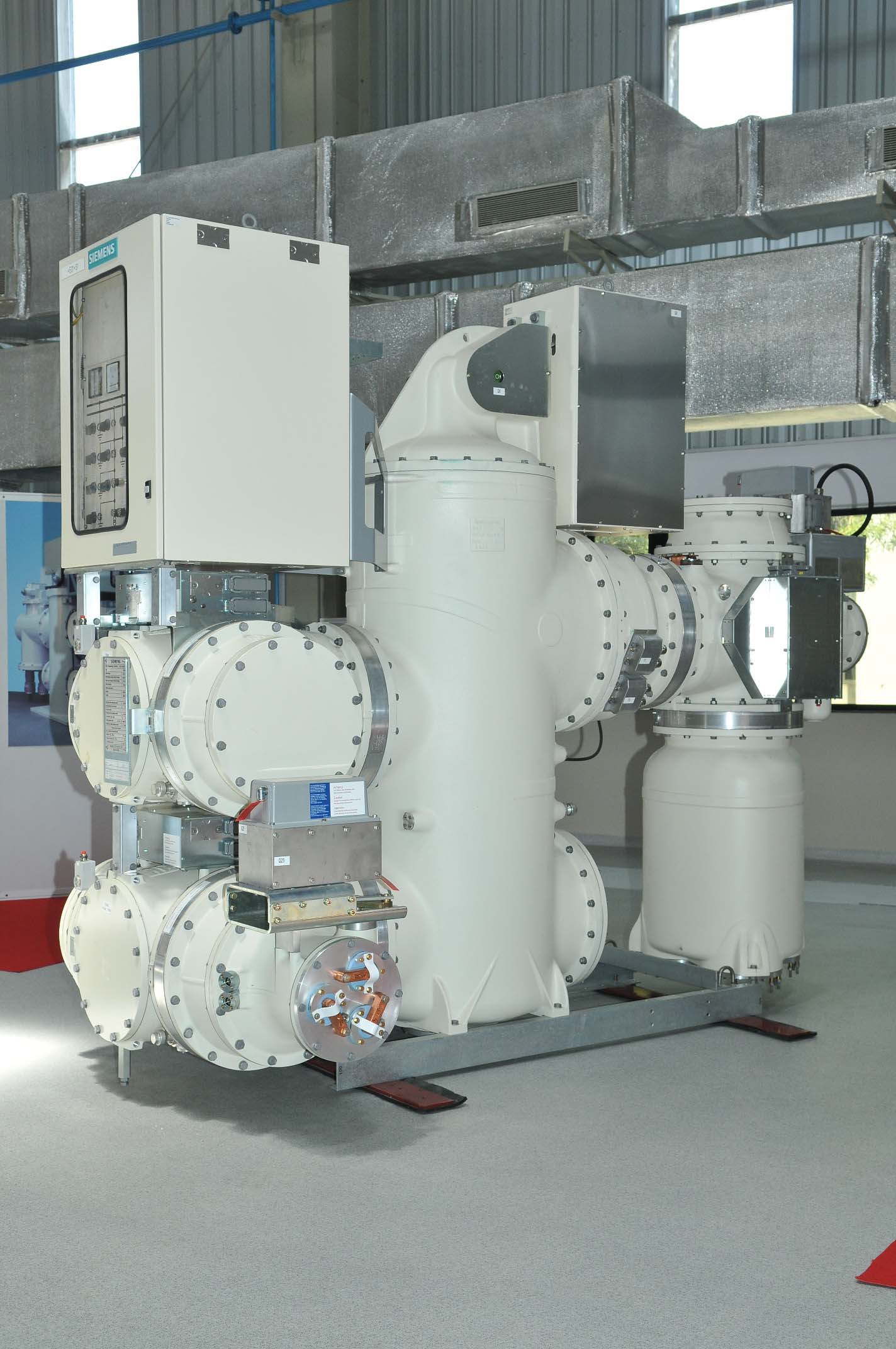Gas Insulated or Air Insulated Switchgear
 Various arguments exist around SF6 Gas Insulated (GIS) and Air Insulated (AIS) switchgear. Recently we had to change a GIS design to AIS due to an instruction from one of our clients. His concern is the global warming potential of SF6. While understanding the clients reasons, I'm not convinced on the argument.
Various arguments exist around SF6 Gas Insulated (GIS) and Air Insulated (AIS) switchgear. Recently we had to change a GIS design to AIS due to an instruction from one of our clients. His concern is the global warming potential of SF6. While understanding the clients reasons, I'm not convinced on the argument.
General arguments in favour of GIS include:
- GIS is more cost effective
- requires less space (up to 70% less that Air Insulated)
- is safer in operation
- has overall lower system loses
- has higher protection against ambient conditions
- is more reliable
As far as I can see the main argument against SF6 is that it has a global warming potential. From an environmental view, the potential of releasing gas which contributes to global warming is obviously bad. However, to quantify the effect, Capiel (see link below) has carried out some research:
- GIS switchgear emissions (Europe, 2002) contribute 0.05% to total greenhouse gas emissions
- measures implemented in switchgear design since 1995 have reduced GIS gas emissions by 40%
- there is continuing technological progress in further reducing GIS gas emissions
Key Question
I think the key question in all of this is:
My View
The direct contribution of SF6 to greenhouse gas emissions is relatively low and I tend to think the advantages of a reliable electrical system outweigh these negatives. Lower system loses and less materials required during manufacture reduce the life cycle carbon emissions, potentially offsetting the negative effects of SF6.
A life cycle analysis of the German distribution system by Capiel (see link below) which considers materials, manufacture, ohmic losses and SF6 emissions shows that overall GIS contributes 30% less to global warming than AIS. Currently the arguments given against GIS don't appear sufficiently thought out and consider only the SF6 emission issue.
Without closing the door on the debate, I don't see enough evidence to force move away from GIS to AIS.
Related Links